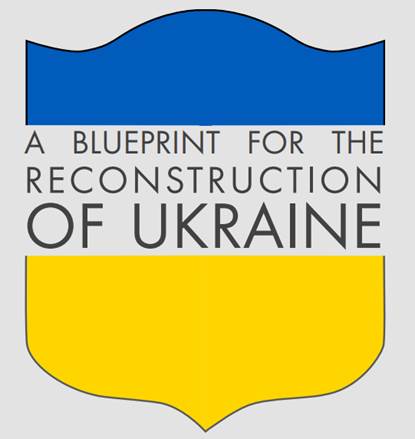Economists for Ukraine
A global non-profit working to end Russia's invasion, support Ukrainians, and rebuild.

Comprehensively Valuing US Support for Ukraine - An Economic Approach
February 24th, 2025. Economists for Ukraine release first full economic analysis of the value of US support for Ukraine. This study finds that the true economic value of US support is approximately $50.9 billion, including $18.3 billion of military aid, and $32.6 billion of social and humanitarian support.
About Us
We leverage economic expertise and technology to fight off Russia's invasion, increase Ukraine's resilience, and rebuild for a strong, peaceful, and prosperous future.
Our Programs in Numbers
Our programs are active since March 2022 and expanding. We respond quickly to new needs, such as setting up backup Internet in response to Russia’s terrorist strikes against Ukraine’s infrastructure. All of our initiatives are geared towards long-term sustainability and economic resilience: helping Ukraine resist now, while setting up effective frameworks for post-war reconstruction and development though digital aid platforms, resilient infrastructure, and funding science.
To date, we have raised and spent more than $1.6M in Ukraine. Below is a snapshot of what we have achieved. We are actively fundraising and look forward to expanding our impact with your help. All contributions are fully tax-deductible, and 100% of the funds are used for Ukraine.
2M+ Aid
Deliveries
24 Staff in Ukraine
Direct Civilian Aid
2,500+ pairs of shoes
2,000 blankets
120 power banks
80 light reflectors
100+ MRIs
950+ kids' books
250 kids' holiday gifts
Education centers
Medicine
Resilient Internet
72 Scholars
Non-lethal Military Aid
258 Celox bandages
44 stretchers
1,250 evac blankets
3,540 warmers
60 power banks
9 thermal visions
2 thermal drones
Support Ukraine's domestic drones
5,000+
Stories
100,000+ daily visits.
Sanctions on Russia
The LifeForce Project
Securing access to real-time, uninterrupted information about aid requirements and available resources is key to the humanitarian efforts in Ukraine.
The LifeForce Ukraine platform is ensuring a coordinated and resilient response of government and NGO resources, providing immediate support, advice and real time content on a secure platform to those who are most affected in Ukraine.
Learn more about the LifeForce Ukraine Project and how you can get involved.
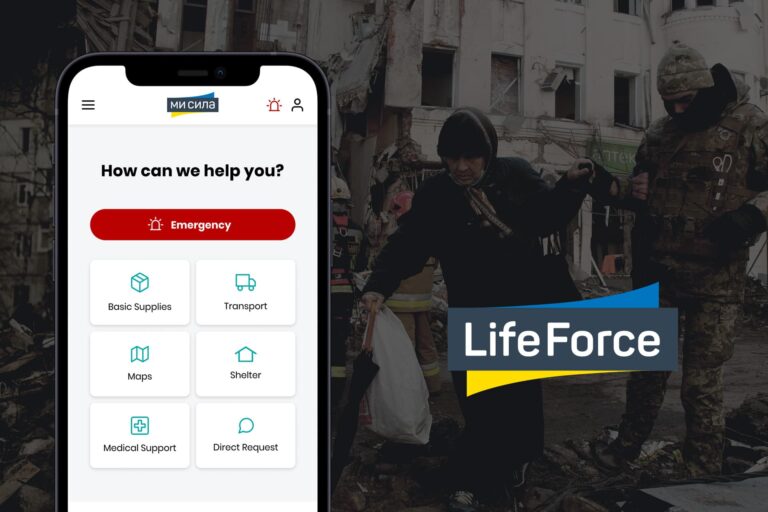
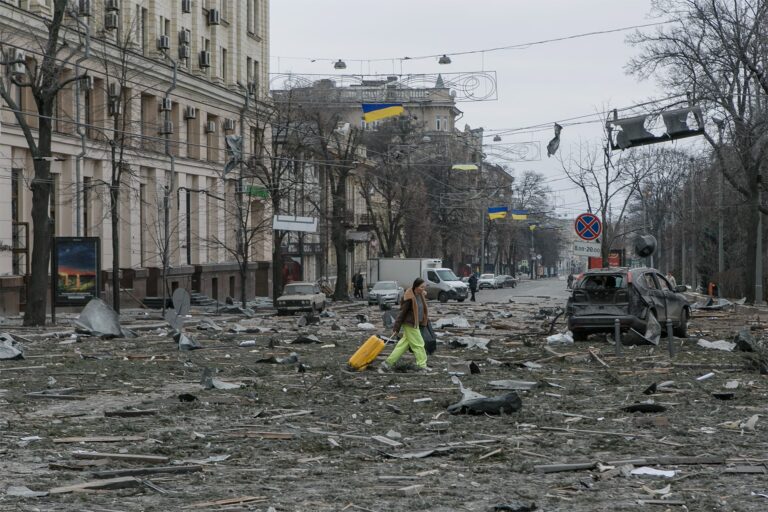
Project Svidok
Svidok (Witness) is a collection of private and publicly shared war journal entries, as experienced and witnessed by Ukrainian citizens caught in the war.
The entries shared on the platform serve as a rich, time-stamped archive for evidence of war crimes committed by the Russian leadership and their military.
Learn more about Svidok and the ground truth of the unlawful occupation of Ukraine by Russia.
Rebuilding Ukraine
The damage to Ukraine’s infrastructure and economy from Russia’s war already exceeds $700 billion. Along with other economists and stakeholders, we are developing frameworks and collaboration networks to support the current and future reconstruction efforts. Learn more.
Sanctions and the Economy
Gain insights into the how sanctions and other economic tools can be leveraged to stop Russia's unprovoked aggression against Ukraine.
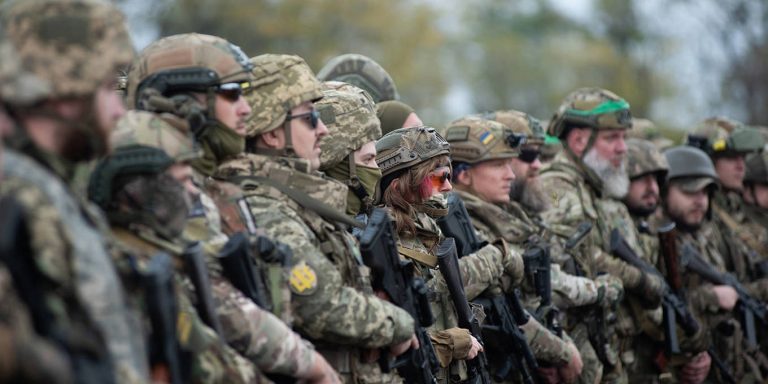
Ukraine Is Essential to Europe’s Post-American Defense
Given the growing doubts about American security guarantees, Ukraine is now the first and by far most effective line of defense for Europe. It should therefore be recognized as a key element of Europe’s defense perimeter, with access to European funding, technology, networks, and intelligence.
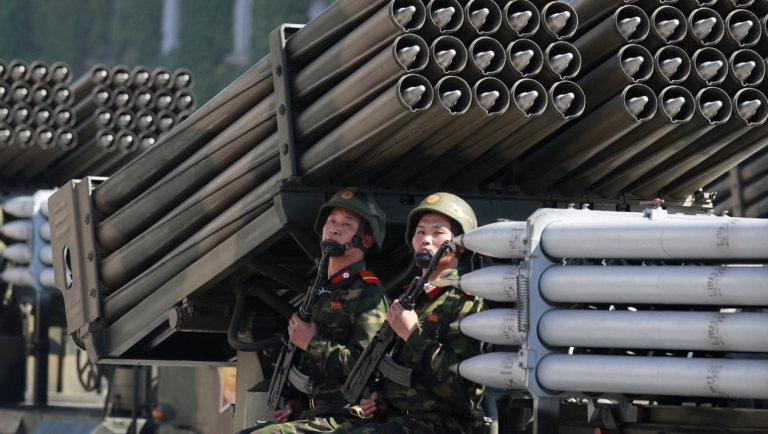
North Korean Troops Join Russia’s Fight in Ukraine: A Dangerous New Alliance Emerges
As Russia’s full-scale invasion concludes its third year, Ukraine is facing ever-greater threats. It was recently reported that North Korea is sending over 10,000 soldiers to train in Russia, with 3,000 deploying, marking the first time that any foreign country directly joins the war.
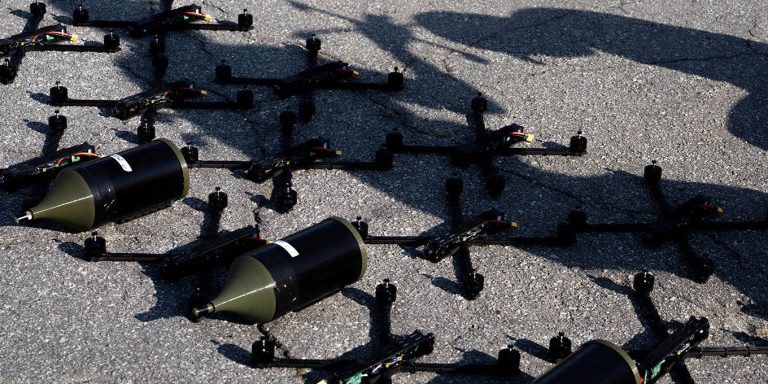
Ukraine Needs a “Victory First” Aid Strategy
While Western countries have been generous in supporting Ukraine since Russia’s full-scale invasion in 2022, their financial assistance can be used only for non-military purposes. Instead of deploying aid this way, which creates distortions that undermine Ukraine’s war effort, foreign donors should directly fund defense spending.
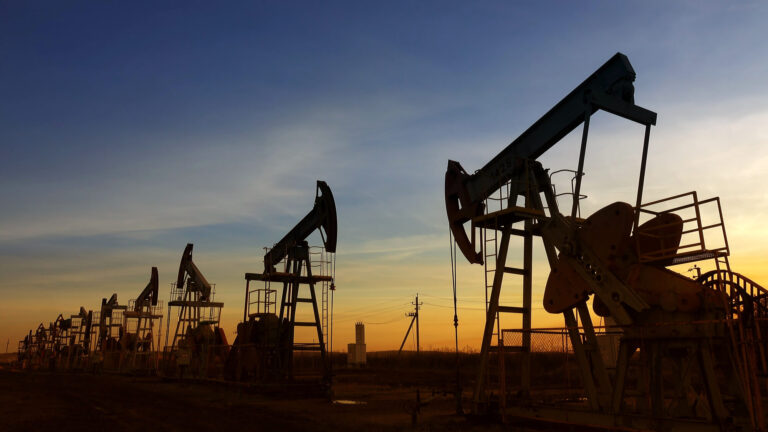
Time to introduce an oil-for-food program for Russia
Russian oil revenues today are higher than in 2021. It’s time to change the sanctions policy. Next year, Russia’s military expenditures will be at least $145
Strategic Insights
Gain insights into the painful truth on the ground in Ukraine, as well as long-term impact of Russia’s actions.

Ukraine Is Essential to Europe’s Post-American Defense
Given the growing doubts about American security guarantees, Ukraine is now the first and by far most effective line of defense for Europe. It should therefore be recognized as a key element of Europe’s defense perimeter, with access to European funding, technology, networks, and intelligence.

North Korean Troops Join Russia’s Fight in Ukraine: A Dangerous New Alliance Emerges
As Russia’s full-scale invasion concludes its third year, Ukraine is facing ever-greater threats. It was recently reported that North Korea is sending over 10,000 soldiers to train in Russia, with 3,000 deploying, marking the first time that any foreign country directly joins the war.

Ukraine Needs a “Victory First” Aid Strategy
While Western countries have been generous in supporting Ukraine since Russia’s full-scale invasion in 2022, their financial assistance can be used only for non-military purposes. Instead of deploying aid this way, which creates distortions that undermine Ukraine’s war effort, foreign donors should directly fund defense spending.
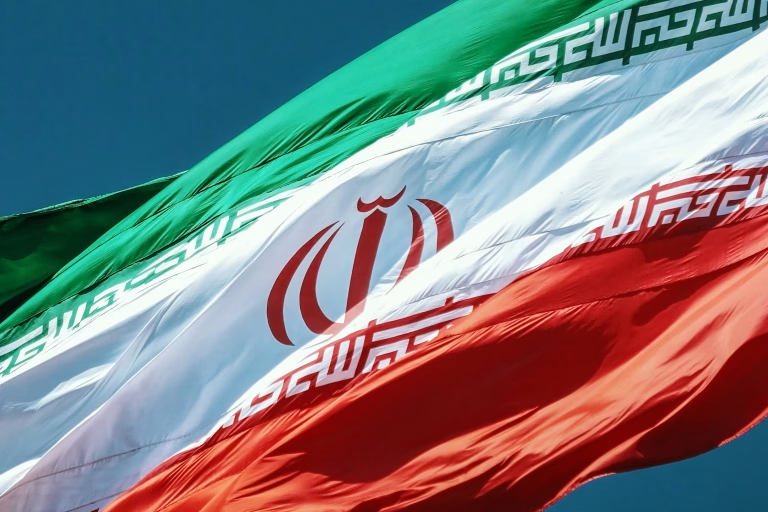
Russia’s Losses in Ukraine Are Reshaping the Middle East
Mass protests have again shaken Iran, and the regime looks more vulnerable—economically, militarily, and politically—in 2026 than it has been in decades. A key but often overlooked reason for this vulnerability is that Russia no longer has the capacity to meaningfully support its most important Middle Eastern partner.
Analyses and Proposals
Gain insights into how governments, organizations, and the international community can take actionable measures to end the war and rebuild Ukraine.
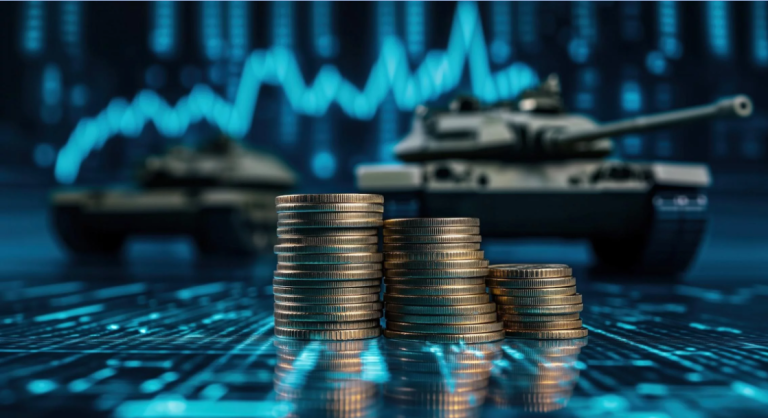
The (projected) cost of Russian aggression
The 2022 Russian invasion of Ukraine marked an end to stability in Europe. This column analyses the economic effects for Ukraine, Russia, as well as
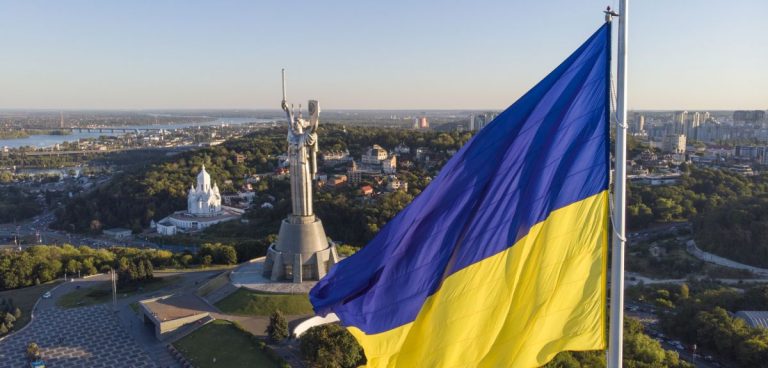
The future of the financial sector in Ukraine and the EU: policy discussions at the 9th NBU conference
On June 19-20, the National Bank of Ukraine organized a traditional conference discussing both economic research and policy issues. In this article, we summarize three policy discussions
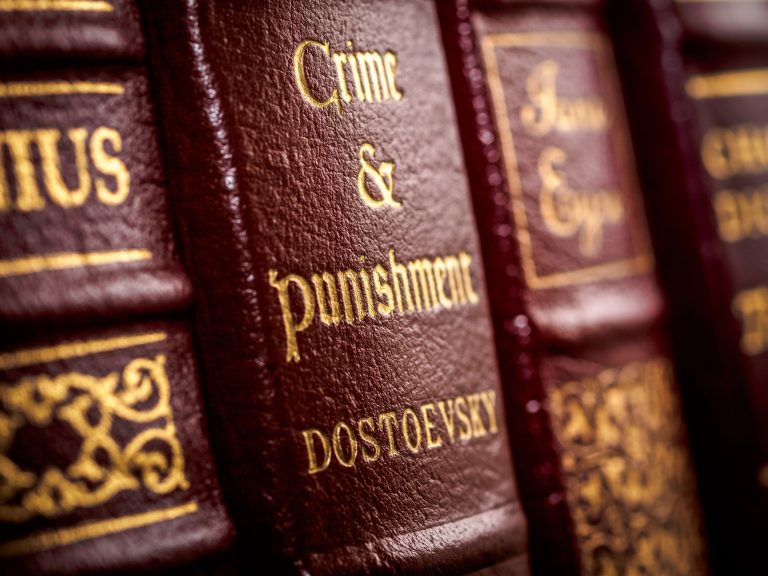
Three Years Into the Full-Scale War, Have Slavic (Russian) Studies Changed?
In 2023, we published two articles on Slavic studies in leading US universities, showing that their course offerings were severely skewed towards Russia both quantitatively (i.e., many
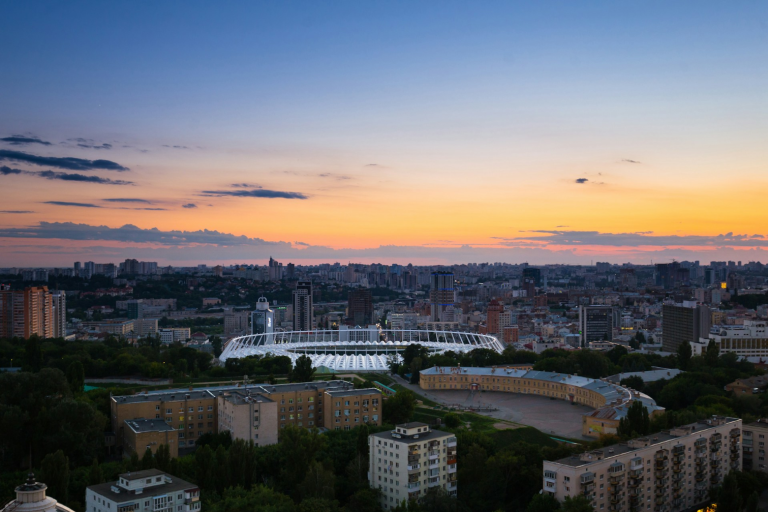
Plan B for Ukraine and Europe
Russia’s war on Europe is Europe’s most important problem. Why? Because under Russian occupation, no one cares about the environment, human rights, stable prices, or
Join Our Efforts
If you would like to stay up to date on our initiatives and hear about opportunities to help, please join our mailing list!
Leadership Team

Tatyana Deryugina

Anastassia Fedyk

Yuriy Gorodnichenko

James Hodson

Ilona Sologoub
Participating Members
Tania Babina
Economists for Ukraine Co-Founder
Tetyana Balyuk
Economists for Ukraine Co-Founder
Andrii Parkhomenko
A nation fertile in tradition, soil, and resources, Ukraine finds itself battling for its sovereignty and survival. The Russian invasion is bringing unimaginable suffering to Ukrainian citizens unwillingly drawn into a war.
The unprovoked escalation and relentless bombardment of non-military targets by Russian forces has triggered what is already the largest refugee crisis in Europe since WWII.
People don’t really believe in words. Or rather, people believe in words only for a stretch of time. Then they start to look for action.
Volodymyr Zelensky
